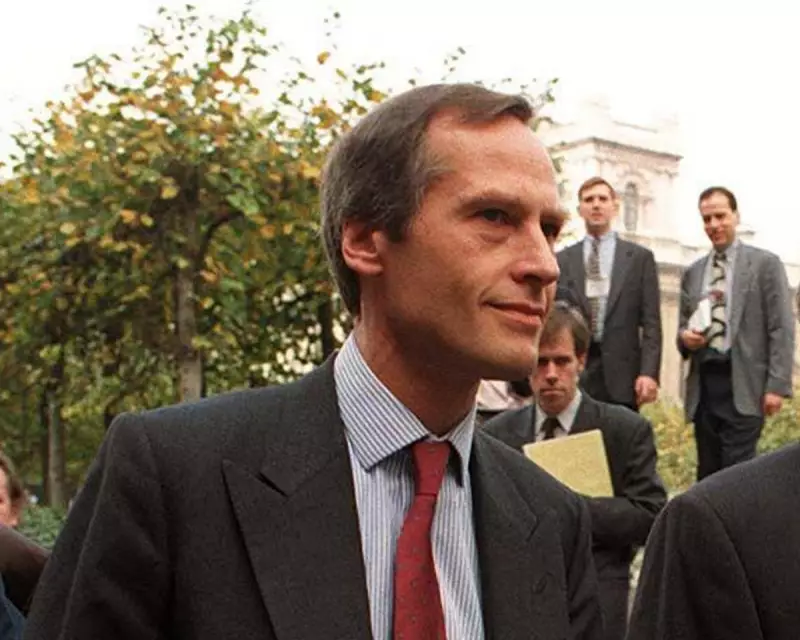
The political world has been stirred by an extraordinary voice from beyond the grave - that of Labour peer Lord Howarth of Newport, whose powerful final letter serves as both obituary and political manifesto.
A Statesman's Final Words
In what can only be described as a remarkable political testament, the late Labour peer has posthumously challenged Westminster's current state while offering a vision for a more compassionate and effective politics.
The carefully crafted letter, published after his passing, reveals a man who remained deeply committed to public service until his final days. It stands as both a personal reflection and a professional critique of the political system he served for decades.
The Heart of the Message
At its core, Lord Howarth's final communication calls for a renewal of political discourse and a return to more civil, substantive debate. The former arts minister and MP for Newport East uses his unique position - speaking without fear of political consequence - to deliver truths that resonate across party lines.
His words carry particular weight given his extensive experience in both the Commons and the Lords, spanning multiple decades of significant political change.
Key Themes Emerge
- Political renewal and the need for more constructive discourse
- Constitutional considerations regarding the future of the Lords
- Arts and culture as essential components of national life
- Educational priorities that serve all sections of society
A Life of Service Remembered
Beyond the political commentary, the letter paints a portrait of a man deeply committed to his principles. Colleagues and opponents alike would recognise the thoughtful, measured tone that characterised his parliamentary contributions.
His final words serve as a fitting bookend to a career marked by thoughtful contribution rather than partisan point-scoring - a quality many would argue is in short supply in contemporary politics.
Legacy and Impact
The publication of this posthumous letter has already sparked conversation in Westminster corridors and beyond. It raises profound questions about how we conduct our political debates and what legacy our public servants leave behind.
In an era of soundbites and social media storms, Lord Howarth's carefully considered final contribution stands as a powerful reminder of what thoughtful, principled politics can achieve.
As the political establishment digests this remarkable document, one thing is clear: even in death, Lord Howarth continues to contribute to the political conversation he cared so deeply about.





